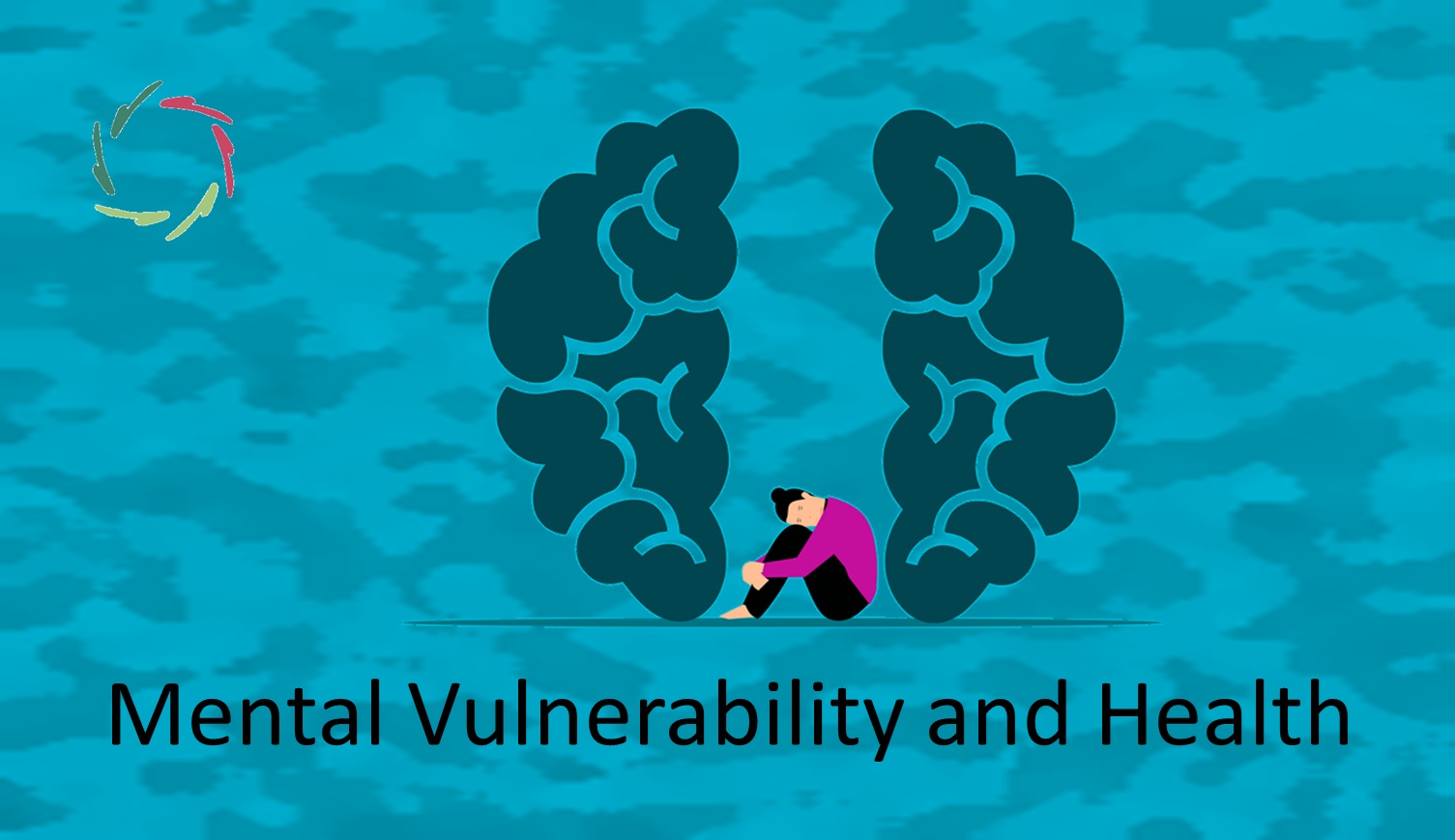Sveltitude

is an attitude. More precisely, it’s an element of an attitude of just-enough. Moderation. Just-enough to be healthy and focused. Just-enough to optimally be.
Spirit of Sveltitude
Sveltitude is a mental attitude, a vision of what is qualitatively meaningful. It’s not so much about how much you weigh, but how much you ‘weigh upon’. Thus, it’s about much more than one’s weight. It is also a choice for a spiritual attitude towards life.
This doesn’t make fatness less worthy. However, sveltitude is an ethical choice, a drive towards not stuffing up space where there should be room for openness. It’s a discipline – no coercion – that one can take on at any moment. The direction is towards ‘inner.’
I subscribe to it. I want to live towards it.
Weighing upon
The human body is not made to weigh way too much. Hips and knees suffer and also internal organs. Sveltitude prolongs life while at the same time making it richer.
Sveltitude is also an attitude of just-enough not to weigh on anything else to a higher degree than is necessary for oneself… and of being content with that. It includes respect for the environment.
No frustration.
Not taking from the environment more than is needed to lead a happy life.
Venerably ancient
Sveltitude is probably as ancient as the days when people effectively got a relatively easy opportunity to eat more than needed over prolonged periods of time. At least, this is my – unfounded – idea.
In more recent, yet what we still call ‘ancient times,’ in the East as well as in the West, historians encounter a spirit of moderation being mostly regarded as virtuous. We see this in writings and in visual art. Most of the times, a svelte and muscular (for males) body was regarded as an ideal.
Even in our times of anorexia and obesity, sveltitude is very much alive.
No exaggeration, no sloppiness
This is subjective in where one puts concrete borders. Finding an exact concreteness is not the main issue. It depends on what feels to be good. Not just good as in ‘wellness’ but also ethically good.
Exaggeration and sloppiness are both ethically not so good.
To me personally, this is ethically as well as esthetically significant. Attractive to me is a person who at least respects and cultivates this striving.
As well, the idea of svelteness itself may be exaggerated, which is not according to the spirit of sveltitude and no-exaggeration. This is importantly subtle.
No grabbing what one can get.
Sveltitude knows no zero-sum in person, nor in time.
It’s being able to drop what is less important in order to enable what is more, just like that. No strings.
It’s a at any time being ready to jump into action in any direction that circumstances demand, not being hindered by ballast in body or mind.
Since food is meaningful to us every day, it is one domain where we can exercise ourselves. The broader attitude is about food as well as anything else.


